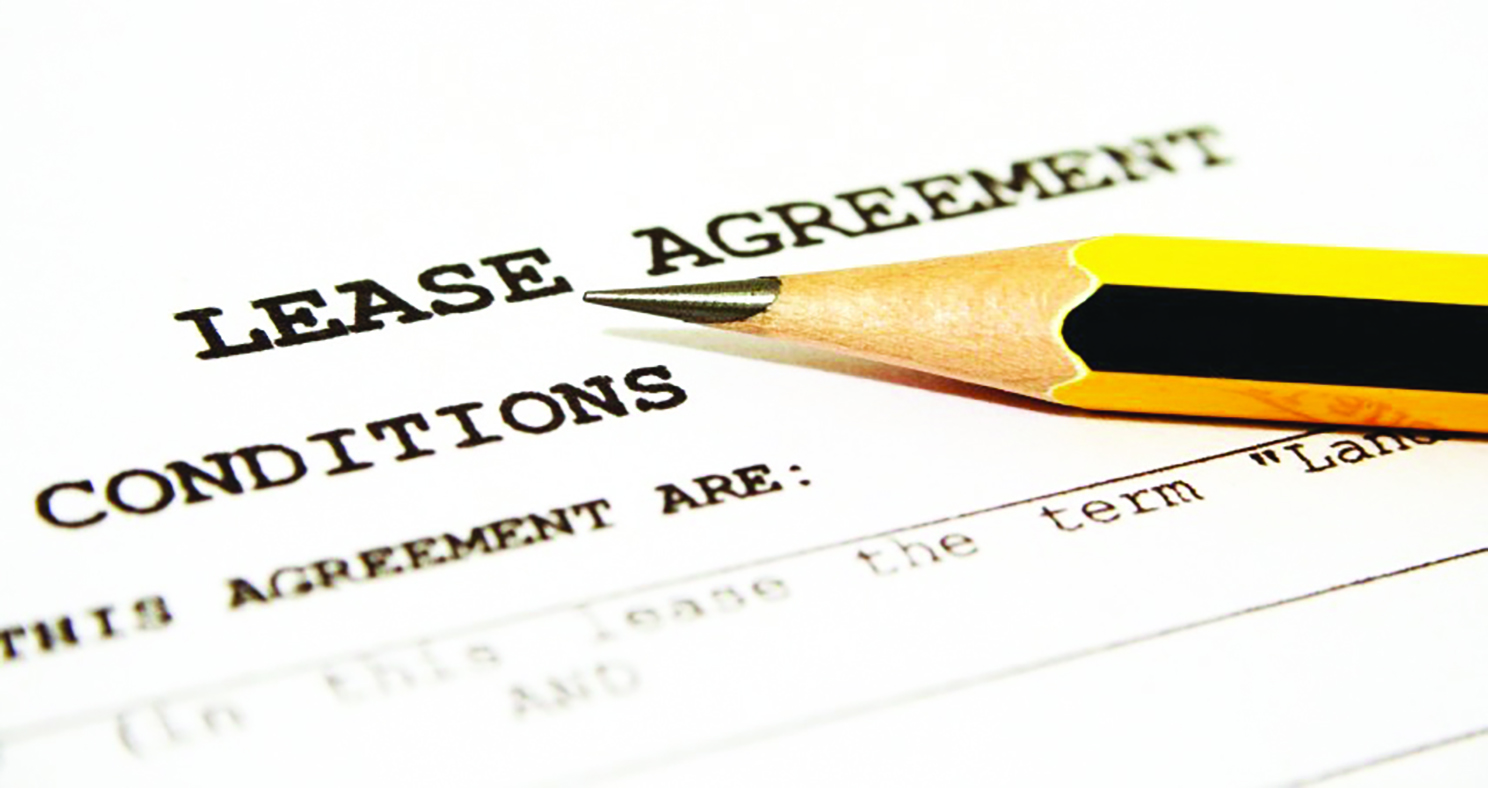
Background
In December 2017, the Government published the results of its consultation to tackle unfair practices in the leasehold market. The consultation itself was a reaction to a number of high profile developers being identified in the press as having sold plots on new sites on long leases with onerous ground rents. In many cases, the new plots were houses which could have been sold on a freehold basis but were sold on a leasehold basis to allow the developer to retain the value in the freehold interest as a separate asset to be sold at a later date.
In response to the practice, a number of mortgage lenders published new lending criteria placing a cap on the levels of ground rent they would accept in a lease as good security, and the value of these leases plummeted. This threw the leasehold market into turmoil and forced developers to try and negotiate reductions of ground rents in existing leases at their own cost; new buyers refused to buy properties with ground rents which were anything more than nominal.
Following the consultation, the Government is committing to new legislation to tackle a wide range of issues with leasehold ownership, including limiting the sale of new build leasehold houses and simplifying the process for leaseholders extending their leases or buying their freeholds.
The proposals
Statutory limits on ground rents
The Government has stated a clear commitment to ensuring that all new leases of flats and houses have ground rents set at a peppercorn (no monetary value). Its aim is to extend support to all those affected by the onerous ground rents in existing leases granted in recent years (although it is not certain how they will do this) and to provide leaseholders with comprehensive information on how to seek redress.
Limit the sale of new build leasehold houses
There are also plans to limit the sale of new build leasehold houses unless there is a justification for why the houses should be sold as leasehold instead of freehold, such as the developer itself only owns a long leasehold interest.
Preventing long leases from becoming assured tenancies
A lease with a ground rent exceeding £250 pa (or £1000 pa in London) is treated by law as an assured tenancy and therefore capable of termination by possession proceedings if rent is more than two months in arrears. In these circumstances long leaseholders could lose their property – and its substantial capital value – as a result of low levels of rent arrears, and have no right to have that lease reinstated. As a result, these leases are now treated as inadequate security for lenders. The Government proposals include closing this loophole (undoubtedly an unintended consequence of the new levels of ground rent) to ensure that long leases can never be classed as assured tenancies.
Simplifying the process for lease extensions and buying your freehold
The Government wants to see a quicker and cheaper process available to lessees wanting to extend their leases or purchase their freehold. How this will be achieved is not yet clear, but scaled premiums and the removal of the need for valuations and Tribunal applications to determine premiums are strong possibilities.
Freeholder rights to challenge estate management charges
The Government will introduce legislation to give freehold owners who are liable to pay estate management charges towards the maintenance of common parts of an estate the right to challenge the reasonableness of those charges, just as leaseholders can challenge service charges payable in respect of the maintenance of common parts under the terms of their lease.
How has the market reacted?
The proposals are at an early stage, but the market reaction has been startling. Buyers are refusing to buy new build leasehold properties where there is a ground rent of more than a peppercorn, leading to a reduction in the number of completions on leasehold properties. We have also seen lenders refusing to accept leasehold properties with valuable ground rents as security on resale.
Developers are finding themselves faced with part-sold developments where they will end up with differing ground rent provisions within the leases granted on the same development.
What happens next?
There is a risk that the proposals will create a two-tiered system of leasehold ownership, with new leases with minimal ground rents being worth more than older leases with more onerous ground rent provisions.
If the Government progressed its proposal to limit the level of ground rents in existing leases, freeholder investors face the possibility of legislation wiping out the value of their investment portfolios. In light of this, we are already seeing freeholders offering to ‘sell’ the value of escalating ground rent at a discounted premium in order to recover some value from the tenant where they may be prevented from doing so in future.
Conversely, leaseholders are also seeking early statutory lease extensions in order to avoid having to pay ‘marriage value’ when a lease falls below a term of 80 years and, at the same time, resetting their ground rent to a peppercorn.
Ground rent incomes have always been valuable to developers. However, building leasehold houses to capitalise on ground rents in an extended period of low interest rates has proved so controversial that the entire leasehold system is now under the microscope, and likely subject to wholesale reform to give leaseholders security and control of their homes.







